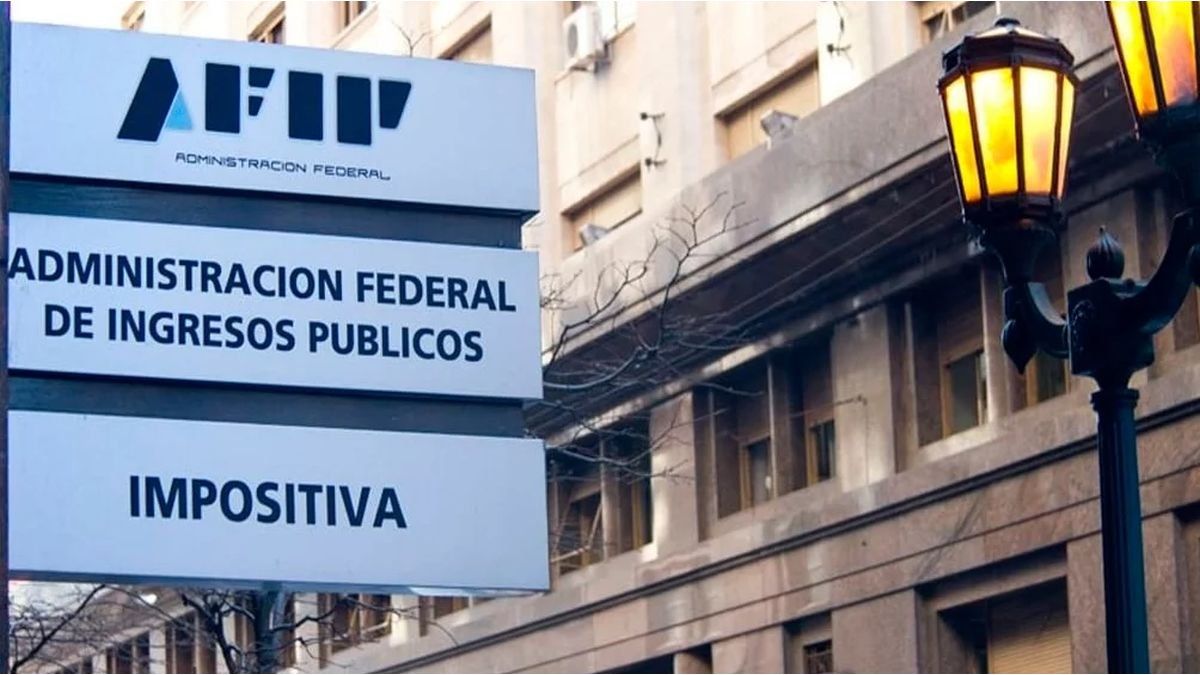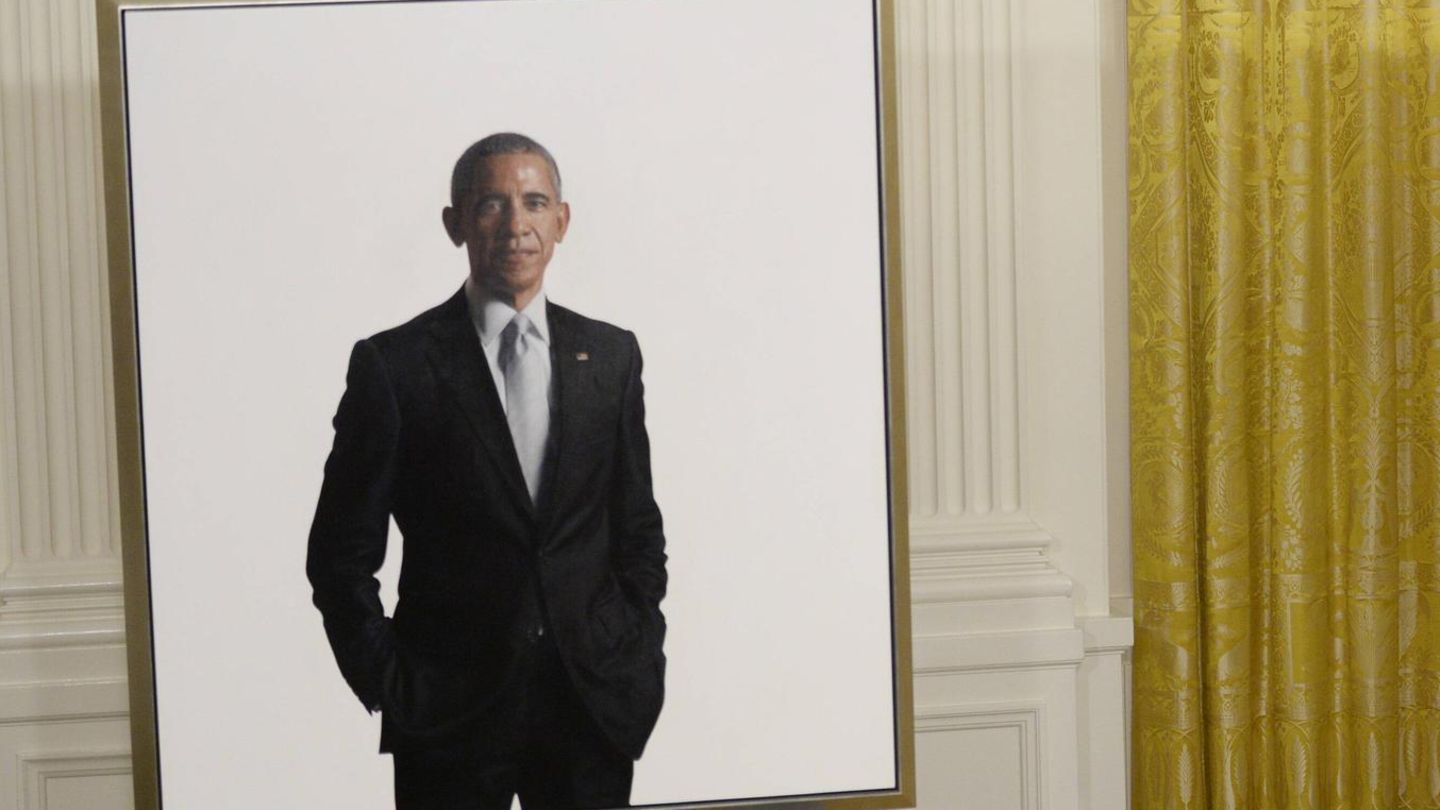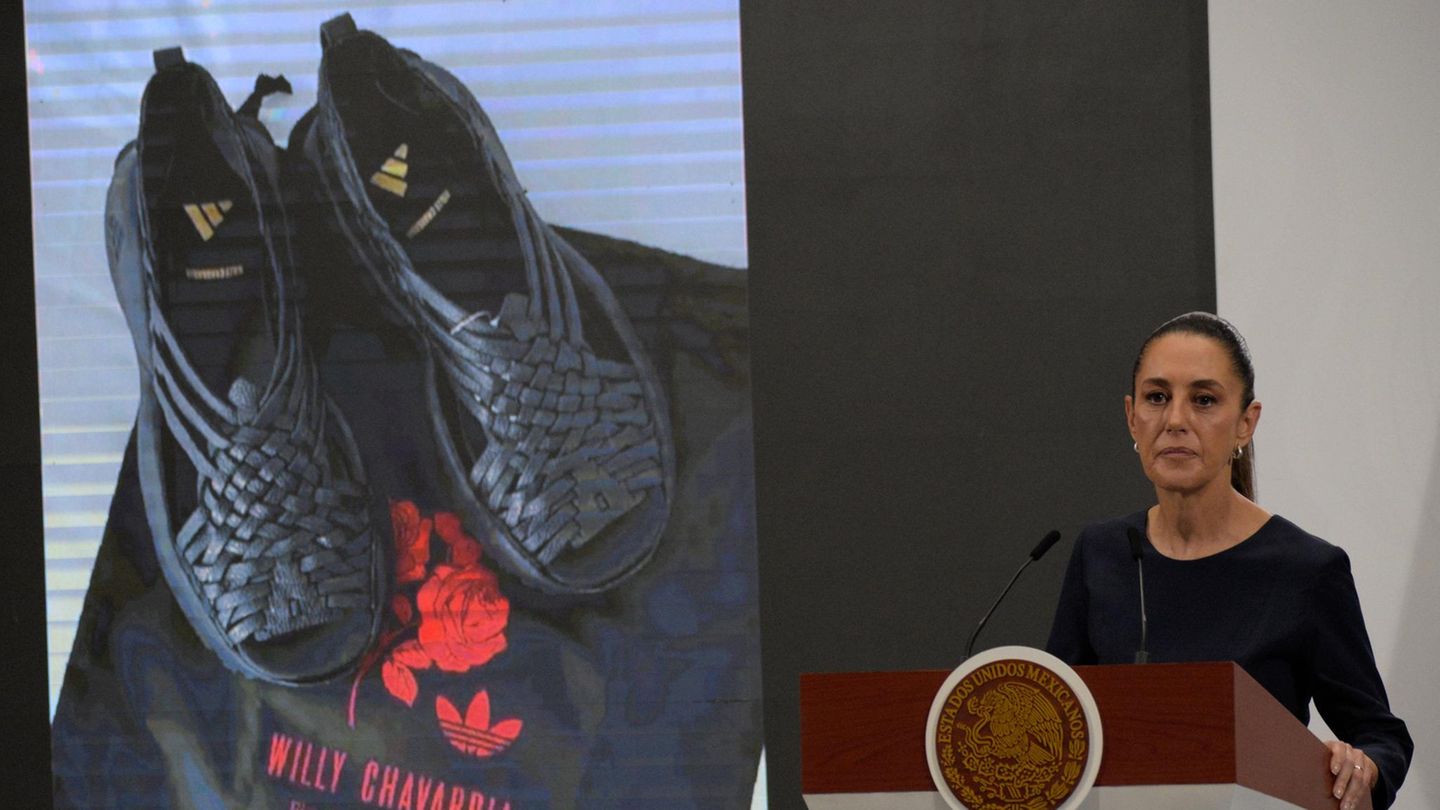The Tax for an Inclusive and Solidarity Argentina (PAIS) that is applied to the purchase of official dollars was not created for collection purposes but with the desire to increase the value of the currency and thereby discourage demand. That is, an indirect mechanism of devaluation. It could be said that the best thing for the government would be for it to collect less and less, because it would set the tone that demand is decreasing.
But, in reality, what is happening in 2023 is that the PAIS Tax is gaining more importance in the income of the AFIP, while another tax, the one that is charged to the transfer of fuels and it serves to fatten the treasury coffers more quickly, it is going the other way and that is in the sights of the IMF.
This tax, which is applied for the sum Fixed to gasoline and diesel (unitary), is one of the preferred by governments because it is automatic and enters quickly. At times of increased consumption and economic activity, it generates good resources.
According to the data of the Federal Administration of Public Revenues (AFIP), the PAIS Tax generated $253,345 million between January and June, which marks a growth of 93.3%. Only in June it contributed $54,862.7 million, which represented an increase of 122%.
The AFIP simply points out that the improvement in the sixth month of the year is due to the “increased demand”. It should be remembered that the tax has a 30% rate on the purchase of dollars, whether it is the $200 monthly quota for hoarding or card expenses abroad. On this, a 45% perception is applied on account of the Income Tax or Personal Property Tax, or a refund can be requested, in case of not paying taxes. In 2022 it contributed 1.73% of the total and so far this year 1.58%.
Instead, andhe Fuel Transfer Tax is falling and that does not imply that the demand for gasoline or diesel is falling. In the first half of the year, it raised just $230,899.7 million with a nominal increase of just 23% and a real drop of about 28 points Regarding accumulated inflation, in June it contributed $50,929 million with an increase of 40%. In 2022 it participated with 2.15% of the total and this year it is doing so for only 1.44%.
The problem with this tribute the thing is does not have an automatic update. It is not settled based on an aliquot (ad valorem) with respect to the price of fuel, but rather it is an amount that the government has to update quarterly. In fact, it should have increased the tax as of July 1 and postponed it until November 1, when the presidential elections have been defined and it is known who will be the next president, with the aim of not carry over to the prices at the pump.
Until now, the Government has been kicking the measure and thus postponed increases of 185%, estimates the tax official Sebastián Domínguez, from SDC.
“Given the inflationary context, the Government ordered through Decrees 488/2020, 285/2022, 561/2022, 864/2022 and 168/2023 certain suspensions and postponements of the update of the fixed tax,” says Domínguez. He claims that the Q3 and Q4 2021 updates were not applied; of the first, second, third and fourth of 2022; and from the first of 2023. “In recent years, only the adjustment was made for the first and second quarters of 2021 and it was 25.32% as of October 2022”he remembered.
Dominguez warned that “The Government made a commitment to the IMF to transform this tax from unitary to ad valorem with the aim of increasing it based on the variation in the price of fuels and a quarterly update by the CPI is not necessary”. It is not ruled out that the measure be part of the next fiscal adjustment package.
Source: Ambito




